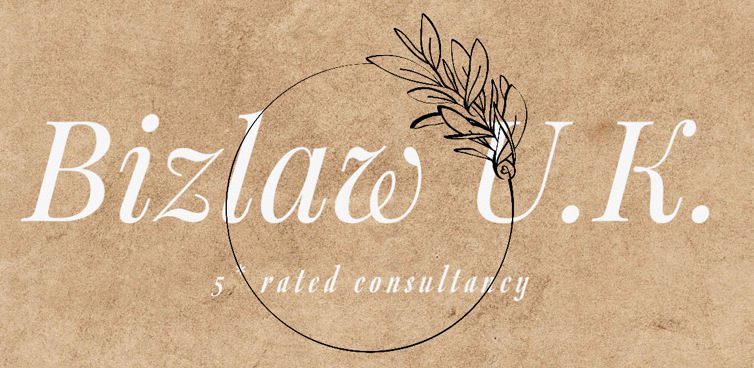|
Getting your Trinity Audio player ready...
|
What is Due Diligence?
- A wise buyer performs a “due diligence” exercise signing a purchase agreement. Essentially, this is the process of gathering information about the target business. Discovering any potential liabilities which could have an impact on the purchase price, or in the worst case, be a deal-breaker is crucial. During due diligence, a buyer will ask various questions to which the seller must respond and provide copies of the information and documentation required. In negotiating and framing the sale documents, this exercise will have a large impact.
- Due diligence (e.g. legal, financial, business, employees, customers) will vary depending on the buyer’s requirements and the deal’s size.
Conducting due diligence before a business acquisition
Establishing the commercial value and financial position of the business you wish to purchase requires conducting due diligence during the initial sale process.
Financial Position:
- The seller will disclose a detailed view of the companies’ financial history while conducting due diligence if it has become apparent that you are a clear contender, poised to submit a competitive offer.
- You can view most of this information before expressing interest, because non-disclosure agreements are signed.
- Companies House provides public access to company records, including company accounts and registered office details. It also houses information about insolvency activity, such as company liquidation or a strike-off request.
Buyer transparency:
- The most straightforward route to seeking answers to unanswered questions is to directly communicate with the buyer. By speaking transparently about any concerns or enquiries, you can uncover a true portrayal of the company and address any concerns which may hinder you from submitting an offer.
- The best way to assure a buyer is to remove smoke screens. A seller can discourage objections by highlighting the finer points of the business.
Market Position :
- You have to consider future economic health and policy changes when buying a business. The Coronavirus pandemic and Brexit may require changes in your business relations plans and marketing strategies for consumers. In order to accurately assess the asking price, you can anticipate any upcoming changes that may result from Brexit..
Growth Potential in due diligence:
- As well as this, following the due diligence process of a company must be based on facts as well. It is important for a buyer to know how far the company needs to go to reach its current targets.
- Considering assets, investments, subsidiaries, and financial trends of a company, you can determine its growth potential.
Media Coverage:
- Using media coverage information, you can assess the public’s perception of the business. Positive PR around the brand name can help bolster the reputation of the company and mark key milestones.
- Consumer opinion can provide insight into whether a brand is credible or not. Using social media, you can track brand perceptions and customer service levels.
What is a Disclosure Letter?
- A disclosure letter is a key document in many sales and purchase of business transactions, including asset and share sales. The seller will facilitate due diligence by providing information about the business to the buyer.
- Disclosure letters provide a qualification to the representations and warranties made by a seller. When a seller discloses an event leading to a breach of warranty, the buyer cannot claim remedies
- For both sellers and buyers, adequate disclosure is vital to avoid future claims and make informed investments and acquisitions.
A disclosure letter serves two main purposes-
- Information Provision-A business or asset for sale includes details about the business or asset that may be of particular interest to buyers. This information complements information already provided-in the data room of the transaction; or to the purchaser as a part of the information exchange between the parties, in addition to updating the purchaser with changes to the documents and information previously provided.
- Limiting Warranties- A disclosure letter also serves a very important purpose in minimising the seller’s liability. It is often used to limit any warranties that the seller provides in the sale agreement.
- Disclosure letters should list any conflicting information about the sale asset. The purchaser will not be able to dispute an incorrect or untrue warranty from a seller.
- A disclosure letter needs to be properly prepared and advised on to avoid unforeseen complications. If a seller is not properly advised, then they could potentially be forced to repay some of the purchase price. Without proper advice, the buyer’s business could be worth less than they imagined.
If any assistance is needed while buying or selling your business, contact help@bizlawuk.co.uk or WhatsApp us on 07583452230 and we can connect you to our specialist .


